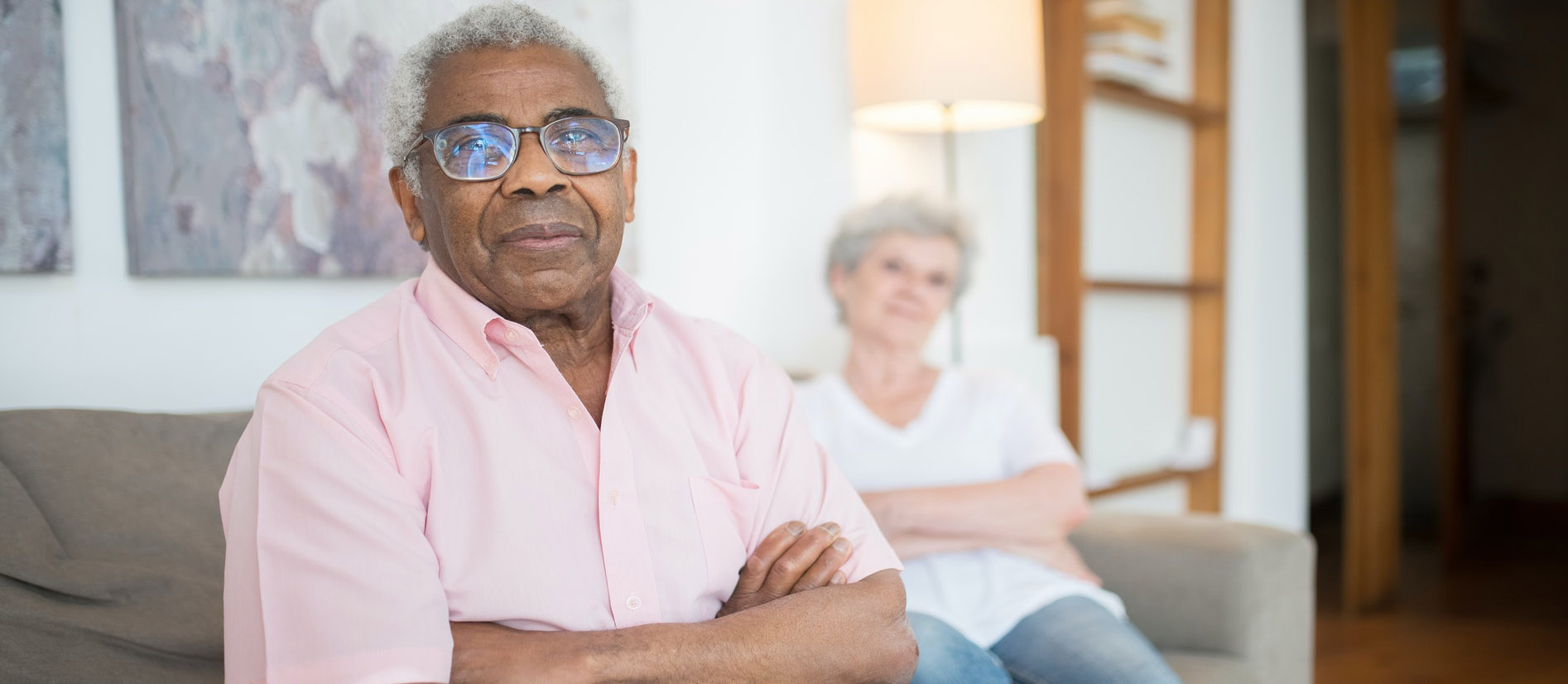
5 Common emotional challenges for older adults
Insomnia and sleep pattern issues
A number of physiological issues occur as we age and this can impact our sleep patterns. Medications, our sleep patterns being thrown off (such as slowly growing accustomed to staying up very late at night) and other factors can affect how much sleep we get.
Since sleep is critical not only to our physical health, but our emotional and mental health as well, figuring out the cause is important. If you feel that you aren’t sleeping well on a regular basis or if you have any questions or concerns with your rest habits, please speak first with your doctor.
Fear of the future
As we age, we can feel there is more “time” behind us than there is in front of us. While none of us knows the future, it’s logical to understand that we may be coming to the last stage of our lives. Fear of the future can encompass many worries, such as:- fear of impending illness
- fear of loss of cognitive ability
- fear of loss of physical ability
- financial worries
- fear of the loss of partner or friends
- fear of loss of independence
It’s best to manage these kinds of fears soon as they are recognized, before they grow. Speaking with a therapist or counselor can be very helpful
Emotional Eating
Eating for reason other than to provide nutrition to the body can happen to people of every age. But it can be seen more often in the elderly as free time has increased and outside hobbies and physical activities has generally decreased.
Concerns around food, eating habits and emotional eating should be watched and addressed as eating disorders can be developed at any age. In fact, new research shows that females over the age of 50 are part of a new, emerging trend under the category of eating disorders.
While emotional eating itself isn’t disordered behavior, it’s unhealthy emotionally and physically and can be an early warning sign. Speak with a physician if you or someone you love is showing signs of an eating disorder.
Loss and Grief
Another challenge that can happen more often as we age, is the loss of people who we love from our lives. Loss surely isn’t limited to age, but as we grow older, the risk of loss increases. From older people who we’ve admired, our parents and other family members, friends and our partners, we begin to experience loss and grief on a more frequent basis.
Grief counsellors, clergy and therapists can be incredibly helpful and can provide tools and skills to manage grief.
Anger Issues or outbursts
Experiencing anger issues itself isn’t unique to growing older, but there are factors about aging that can exacerbate anger issues and also hinder the ability to regulate emotional responses. Physical pain and discomfort can make anger boil over, as can fear, worry and stress.
Not only anger, but general emotion regulation can become challenging as we age, for some more than others. There seem to be two distinct groups of mentally ‘healthy’ elderly people; one group who seem to become more stoic and can control their feelings well.
The other group falls into that segment of folks, who are going “to tell it like it is” and have their emotional reactions visibly regardless of who is present or where they are.
If you feel your anger or the anger of a loved one is becoming a problem or causing dangerous situations, speak with a healthcare professional.
Our care services include:


